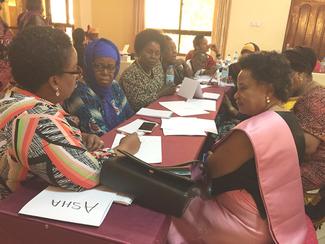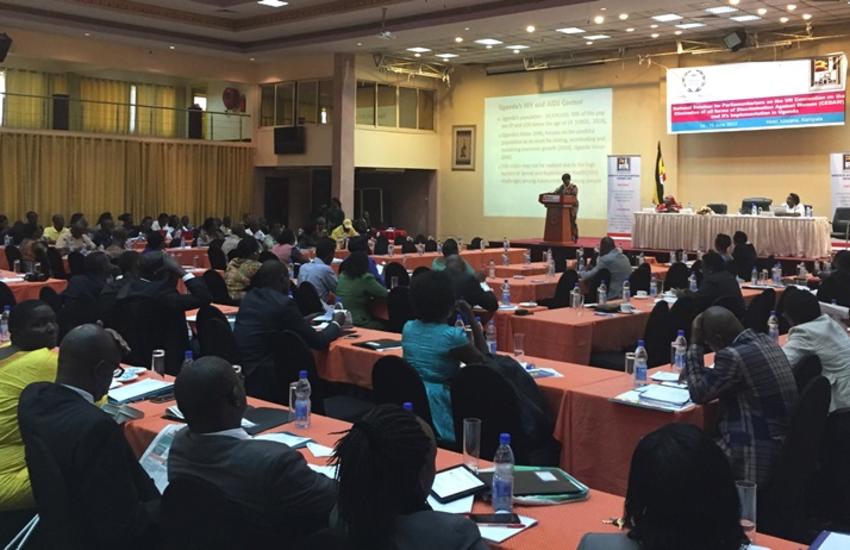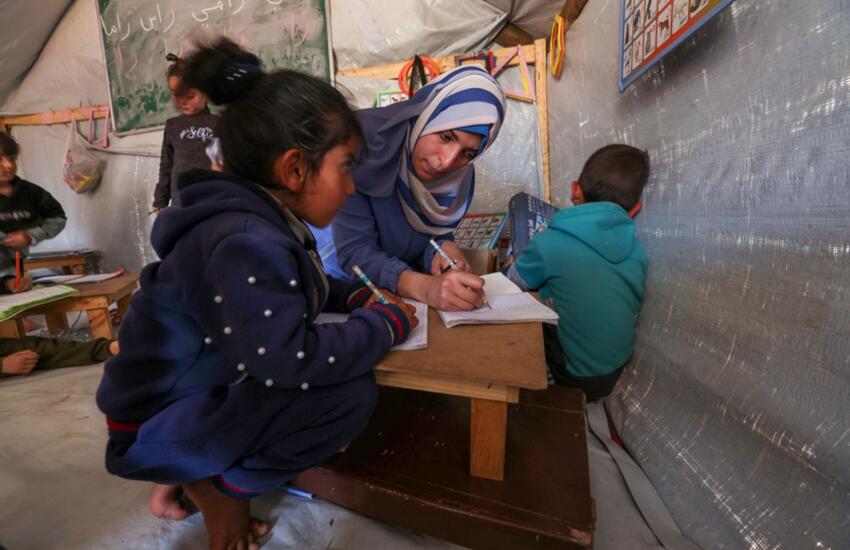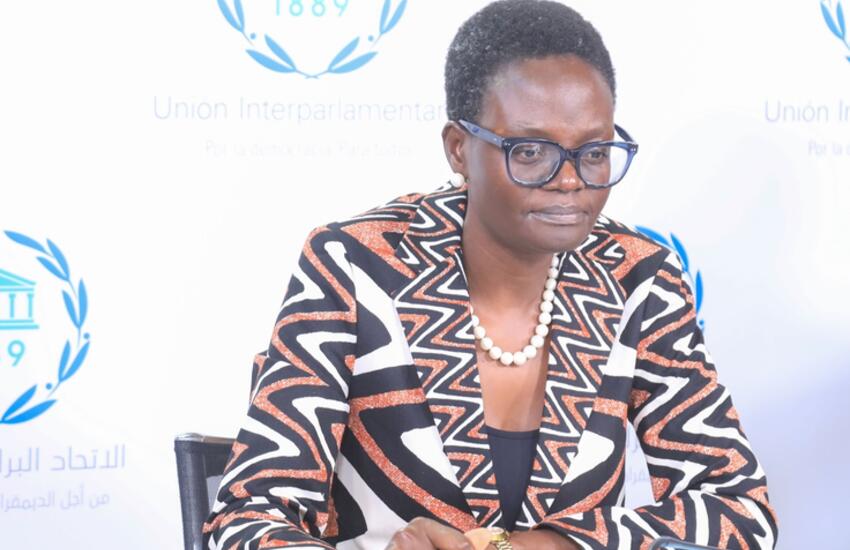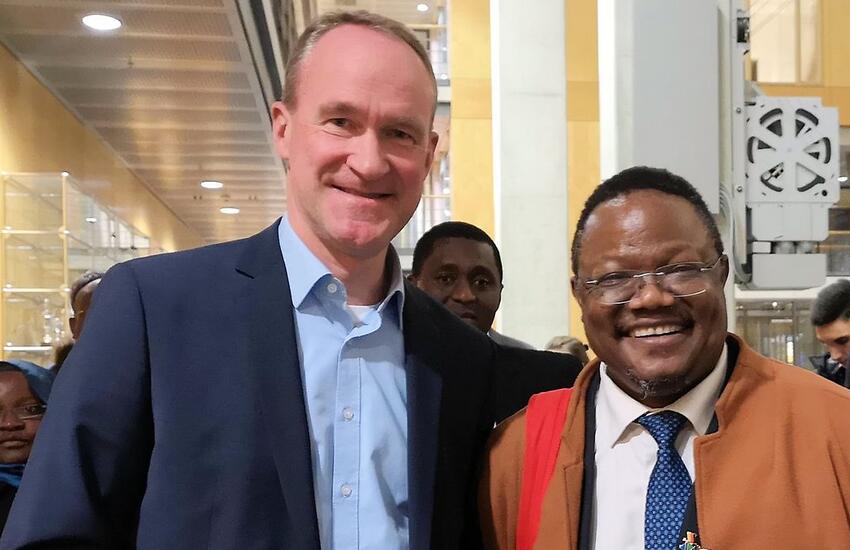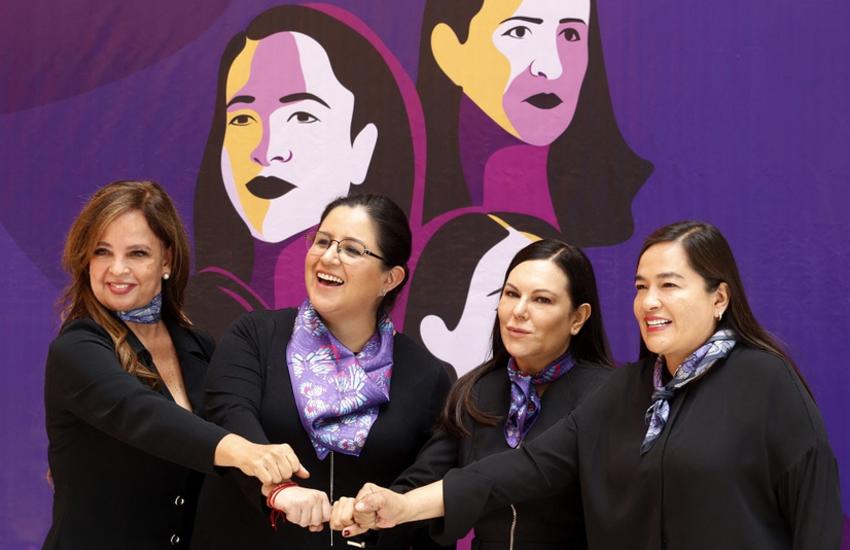Women account for one third of the Members in Tanzania’s National Assembly, making it one of the global leaders in women’s representation. The Tanzania Women’s Parliamentary Group, a women’s parliamentary caucus, is working with the IPU on advancing gender equality through the work of the National Assembly.
As part of this partnership, the IPU organized two events in Dodoma in September. The first was a workshop to develop a mentorship programme for women MPs. The second event was a parliamentary seminar on implementing the Convention on the Elimination of Discrimination against Women (CEDAW).
As most Tanzanian women MPs are newcomers, mentoring is a particularly effective way to build capacity through the support of more experienced MPs. The activity aims to support new women parliamentarians in developing their own network and in strengthening their knowledge and skills as MPs.
The workshop concluded that the mentoring programme should include parliamentary, party and constituency work. Monicah Amoding, the Chair of the Uganda Women Parliamentary Association (UWOPA), said that the UWOPA also involved male colleagues, an idea that TWPG said it would follow up on. Participants agreed to start a pilot project for six months with 20 women MPs as mentees and 20 mentors.
The parliamentary seminar on the implementation of CEDAW aimed to sensitize MPs on the principles and commitments of gender equality, and to take stock of how Tanzania was doing on these commitments. It also aimed to help the National Assembly identify its own strategies with respect to CEDAW implementation, by applying IPU's gender-sensitive parliament framework and methodology for self-assessment.
Margaret S. Sitta, Chairperson of TWPG, who opened the meeting, stressed the importance of CEDAW as a powerful mechanism for enforcing women’s rights, facilitating their empowerment and promoting gender balance. The meeting was also addressed by the Ministers of Gender (Mainland and Zanzibar), the Deputy Speaker of the National Assembly, a member of the CEDAW Committee, Hilary Gbedemah from Ghana, and a member of the Ugandan Parliament, Winifred Masiko.
Participants pointed out that although Tanzania had done a lot of work on gender equality, much still remained to be done. For example, the Law of Marriage Act, 1979, discriminates against girls: boys have to be 18 before they can be married, whereas girls can be married off at a younger age. The importance of sexual and reproductive education for children was also emphasized.
Recommendations from the thematic group discussions included setting up a system that would ensure that gender issues are taken into account in bills, policies, guidelines and laws; learning from best practices of other parliaments, including through setting up a parliamentary committee on gender equality; and having gender-balanced committees.





